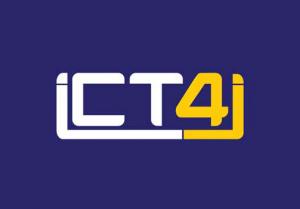This area contains multimedia materials including key messages, presentations and links to videos from the EASNIE YouTube channel.
The ICT4I project

ICT for inclusion was agreed as being a priority for the European Agency for Special Needs and Inclusive Education member countries in the 2010 Country Survey.
